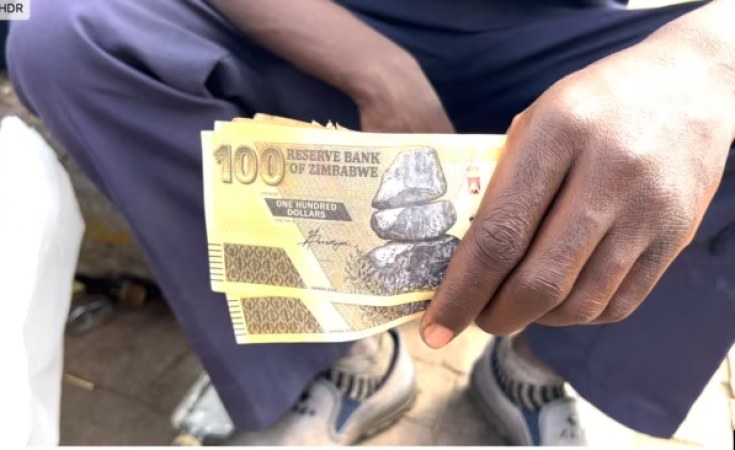TLDR
- Zimbabwe's inflation rate spikes in August, highest increase since introduction of the Zimbabwe Gold (ZiG) currency.
- Consumer prices surged by 1.4% in August, following a 0.1% decline in July.
- Inflation surge attributed to escalating costs of food and non-alcoholic beverages, raising worries about economic stability.
Zimbabwe's inflation rate soared in August, marking the highest monthly increase since the introduction of its new bullion-backed currency, the Zimbabwe Gold (ZiG).
Consumer prices jumped by 1.4%, a sharp rise from the 0.1% decline recorded in July, according to data released by the Zimbabwe National Statistics Agency. The inflation surge was primarily driven by rising costs of food and non-alcoholic beverages, exacerbating concerns about the country's economic stability.
The ZiG, launched on April 5, was introduced to replace the Zimbabwean dollar, which had failed repeatedly since its reintroduction in 2019, fueling rampant inflation.
Key Takeaways
The recent spike in Zimbabwe's inflation underscores the vulnerability of the ZiG, the country's sixth currency in 15 years, amid external pressures like severe drought. The new currency's initial stability against the U.S. dollar provided some hope of curbing inflation, but the ongoing food shortages are a significant obstacle. Despite the ZiG's relative stability against the U.S. dollar, a severe drought has intensified food inflation, which is expected to persist until the next harvest in March 2024. This development highlights the ongoing economic challenges Zimbabwe faces as it attempts to stabilize its currency and control inflation.


